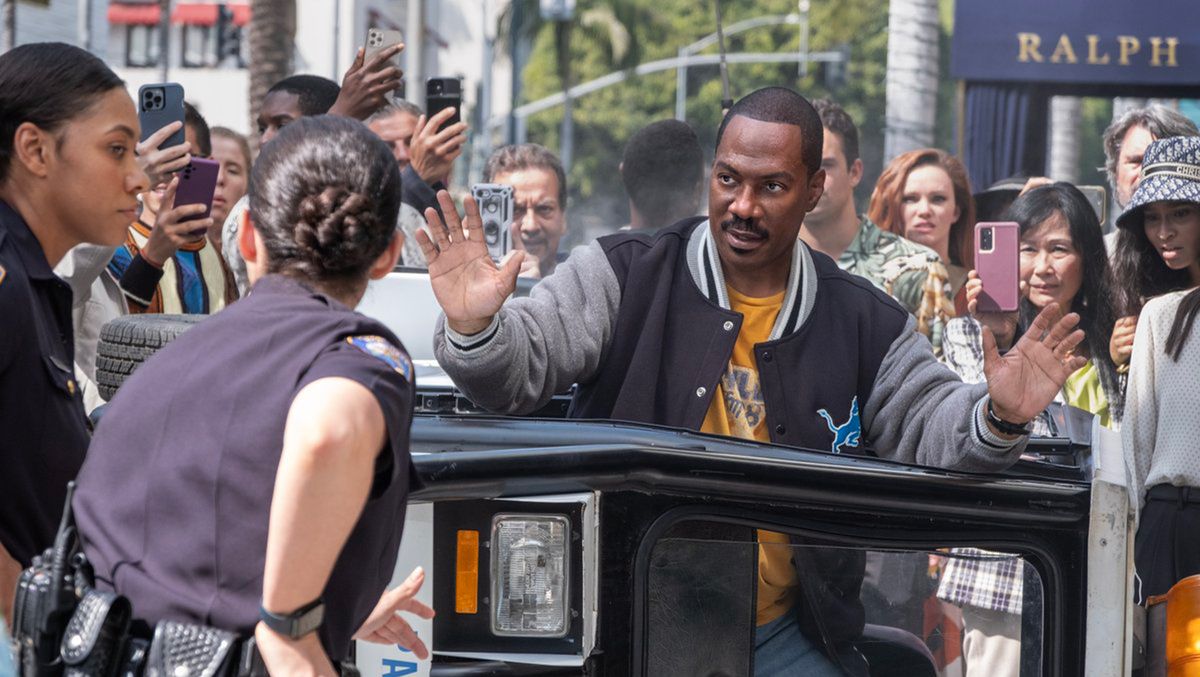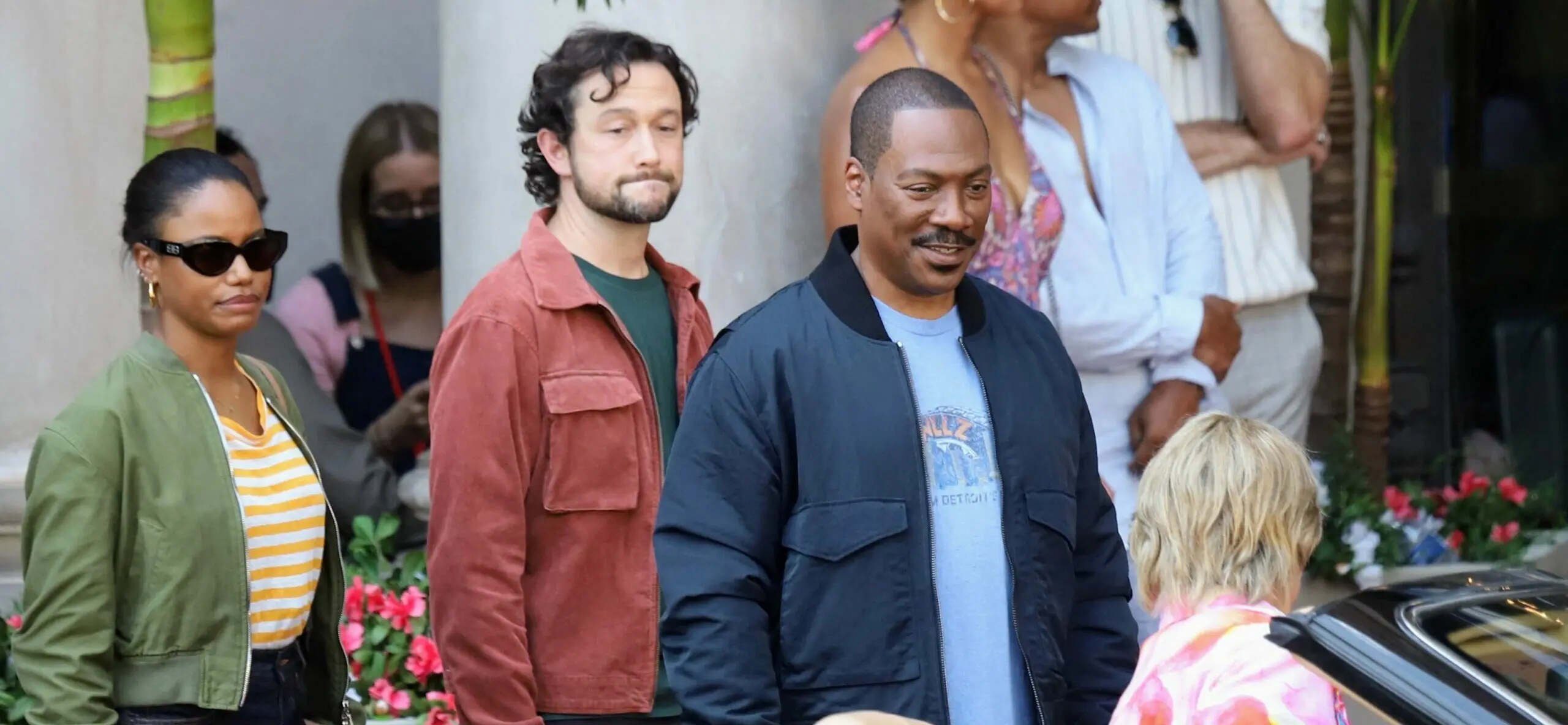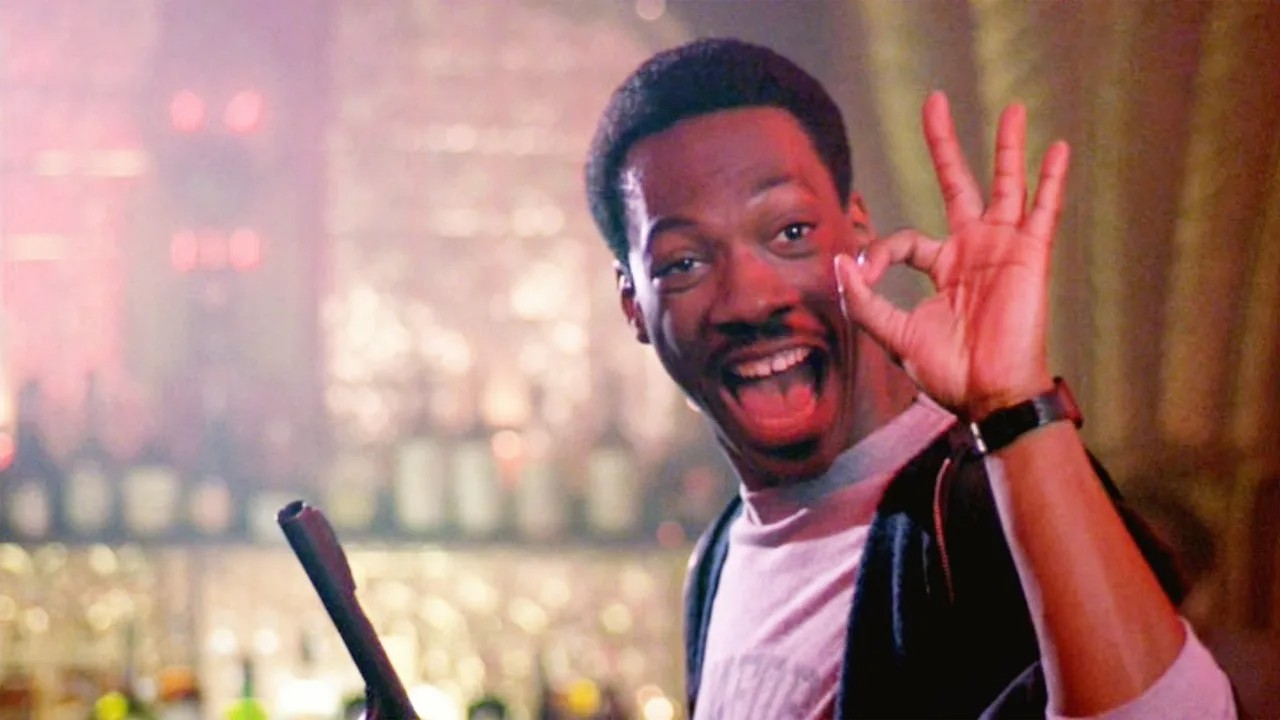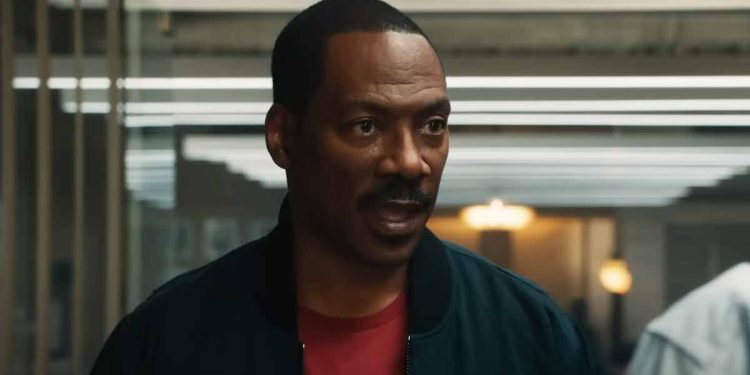In the vast landscape of Hollywood sequels and reboots, few films stir as much nostalgia and debate as the ‘Beverly Hills Cop’ series. Spearheaded by Eddie Murphy’s charismatic portrayal of Axel Foley, the franchise has been a cornerstone of action-comedy cinema since the 1980s. Yet, amidst the glittering accolades for the first two films, ‘Beverly Hills Cop 3’ often found itself overshadowed and underappreciated—until now.

The Unforeseen Rise of a Controversial Sequel
Directed by John Landis and released in 1994, ‘Beverly Hills Cop 3’ diverged sharply from the successful formula of its predecessors. This time, Murphy’s Foley navigates a conspiracy at a Los Angeles theme park, a setting far removed from the gritty streets of Detroit and Beverly Hills that fans had come to love. The absence of John Ashton, who played a pivotal role in the first two films, further alienated long-time fans, leading to significant criticism and lackluster box office performance.
However, decades later, a shift in perception has occurred. What was once viewed as a misstep for the franchise is now gaining traction among fans and critics alike. The unique storyline and Murphy’s undiminished charm in reprising his role have started to resonate, garnering a dedicated fan base that appreciates the film’s attempt to innovate rather than stagnate.
Mark Molloy’s Surprising Admission
With the release of ‘Beverly Hills Cop: Axel F’, directed by Mark Molloy under the guidance of producer Jerry Bruckheimer, the franchise saw a revival on the silver screen. However, Molloy’s admission in a THR interview that he had skipped watching the third installment, as advised, sparked controversy. This revelation is particularly shocking given the recent surge in the film’s popularity.

“I hadn’t seen Beverly Hills Cop III,” Molloy disclosed. “And Jerry [Bruckheimer] was like, ‘I didn’t do it, so you don’t need to see it.'”
This stance, while aligning with the notion of returning to the roots of the franchise by focusing on the original and its direct sequel, might seem dismissive of the third film’s burgeoning reevaluation. It raises an intriguing debate about the evolution of film series and the selective memory that sometimes accompanies them.
The Legacy and Future of ‘Beverly Hills Cop’
As ‘Beverly Hills Cop 3’ slowly cements its place as a cult classic, the discourse surrounding it encapsulates broader themes of legacy and innovation in Hollywood franchises. Fans and new viewers alike are revisiting the film, discovering its unique charms and appreciating its brave departure from formula.
This growing appreciation serves as a reminder of the evolving nature of audience tastes and the unpredictable journey of films in gaining cult status. With Murphy’s continued allure and the franchise’s storied history, ‘Beverly Hills Cop’ remains a significant cultural artifact, reflective of its time and adaptive to the changing landscapes of cinema.

In a world where cinematic universes and sequels are the norms, ‘Beverly Hills Cop 3’s’ journey from underdog to fan-favorite is a testament to the unpredictable nature of filmmaking and film reception. As the series progresses, it will be fascinating to see how new interpretations and appreciations emerge, particularly with the insights and perhaps oversights of filmmakers like Molloy at the helm.









